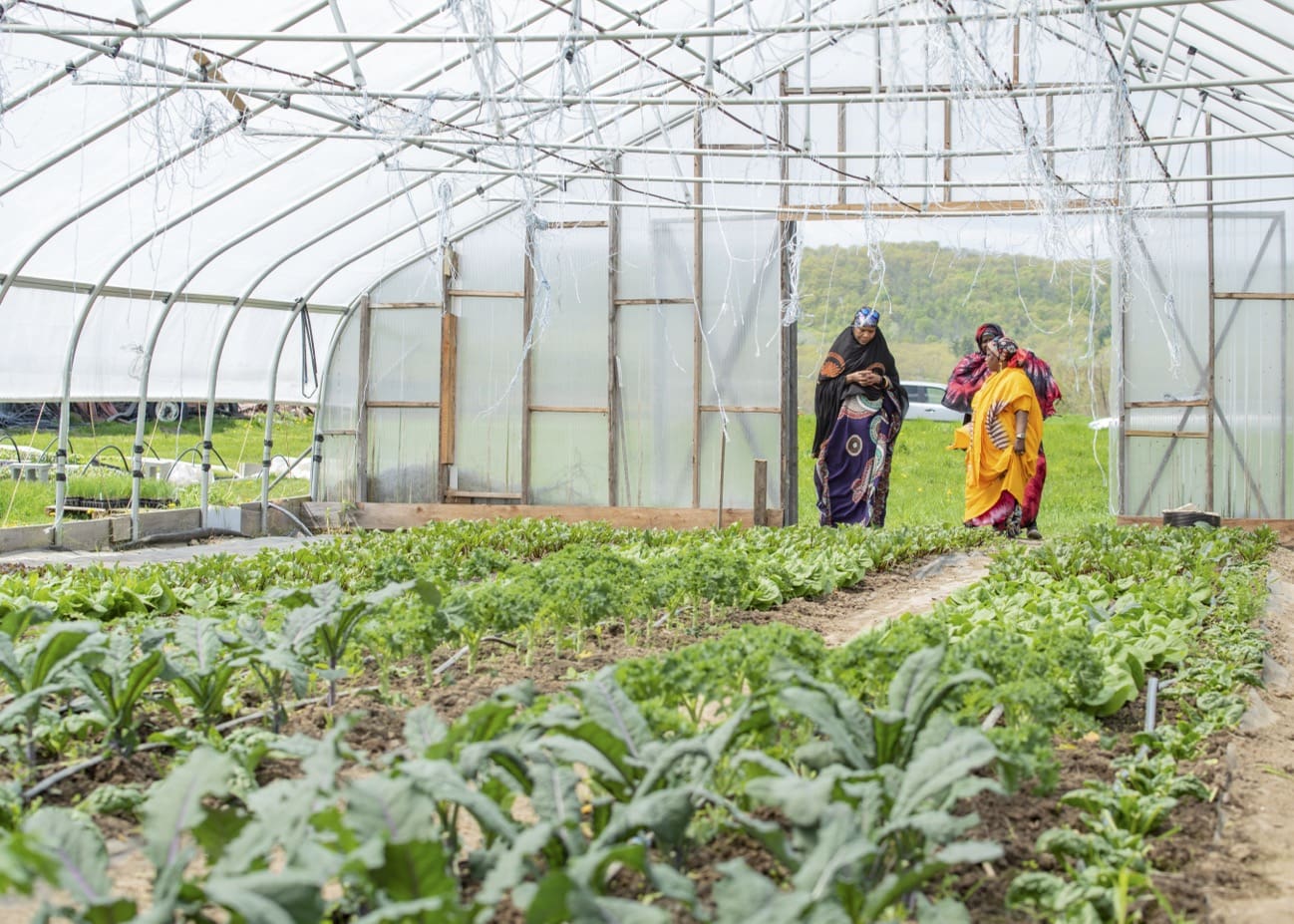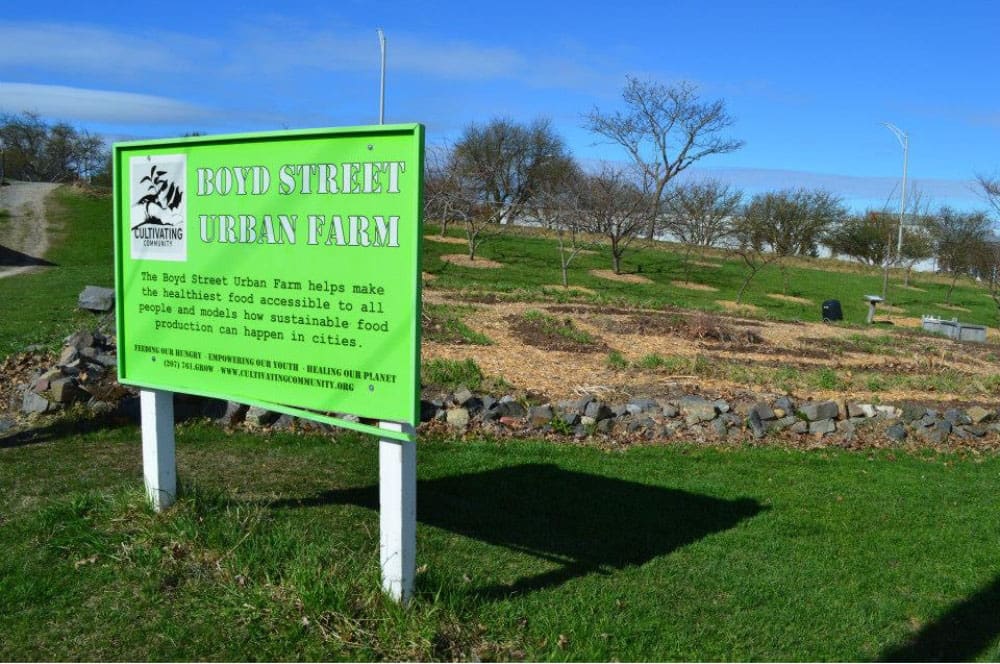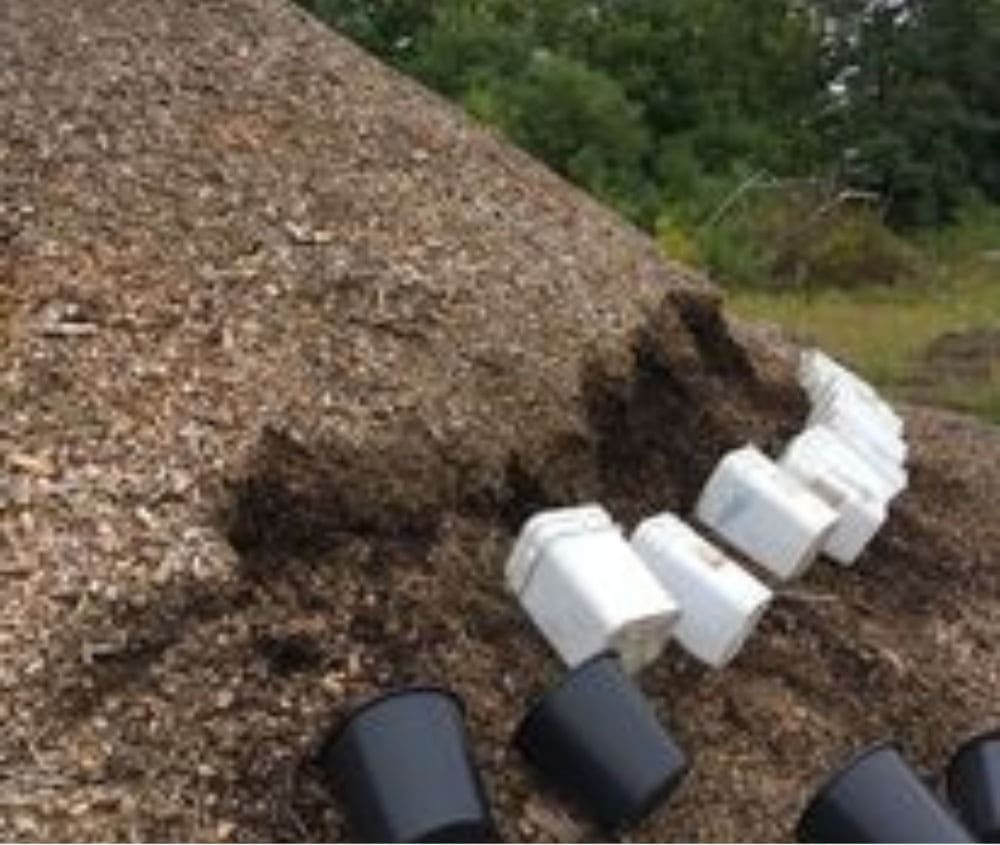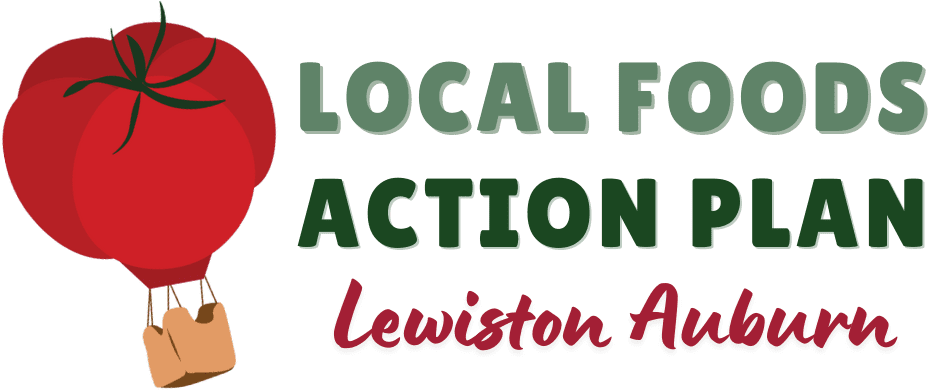Dormant Actions
The LFAP LA update process included thoughtful and intentional mapping of which identified community priorities would be viable enough to take root and grow and be included as an action in the plan. LFAP LA Leads focused on whether the priority had momentum, identified leadership, existing or potential resources, and/or a strong precedent to be included in this version of the Local Foods Action Plan Lewiston Auburn at this time. Certain priorities, while clearly important work, did not, in the end, have enough of those markers to include the updated plan. The team labeled these actions “dormant seeds” that under the right conditions and with the proper nourishment—an infusion of resources, leadership or pairing with existing work—could begin to sprout and become active. The hope is that these dormant seed actions will sprout during the life of this plan but if not can still be carried forward into another iteration of a future plan if relevant.

Increase awareness among landowners & seekers about resources that support land access, transfer, preservation, and land justice; advocate for resources to be accessible to all.
Auburn and Lewiston are rooted in a farming heritage and contain vast farmland with prime agricultural soils. Many existing farm owners will be considering retirement in the next 5-10 years and much of this land will be poised to change hands. The region is also home to a growing body of farmers who are seeking to secure land. A number of organizations in the state specialize in the brokering of land transfers and land conservation. However, landowners and land seekers are often unaware of these organizations or services. Awareness-building events, such as the 2023 Auburn Land Use Forum, and the 2019 LA Region Farmland Access & Food Economy Conference, and other outreach efforts help to foster key relationships and increase the likelihood that land will remain in the agricultural sector. Language and cultural barriers are also a large challenge to accessing resources for many land seekers.

Conduct a feasibility study for an urban farm in Lewiston Auburn that provides subsistence farming and growing opportunities
A recommendation for an urban farm is listed in the Lewiston Comprehensive Plan. More than 160 households have community garden plots across Auburn and Lewiston. A number of those families have expressed that they need more land to grow food for their families and would utilize an urban farm if available.

Pursue planning and partnerships to identify existing efforts, assets, and gaps for food waste and organics collection programs & policies.
Both cities currently have limited compost drop-off site programs. However, they are not widely known about or utilized. Enhanced municipal compost programs would decrease taxpayer landfill costs, reduce climate impacts, and build local soil quality through returned nutrients in compost.
